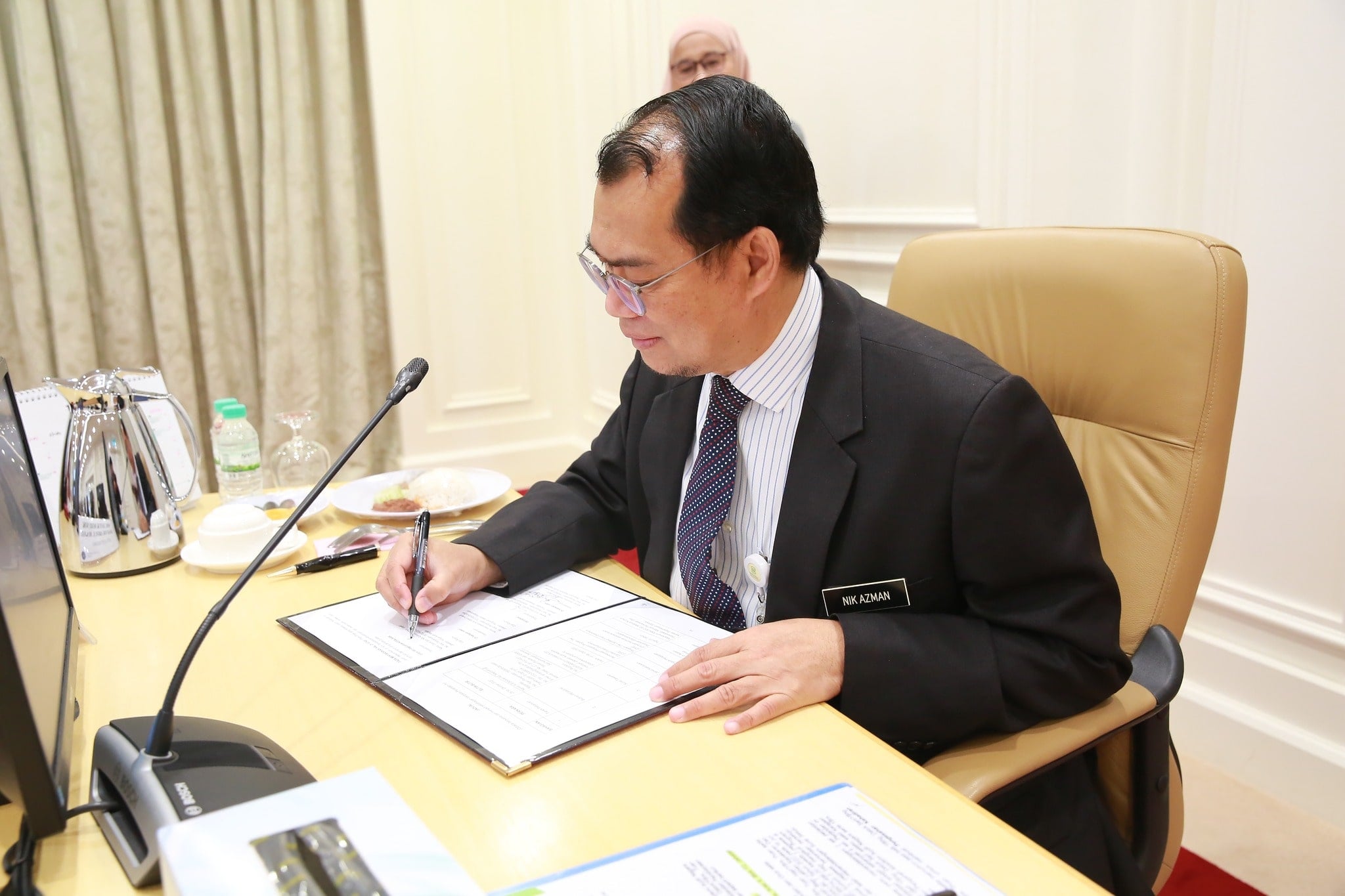KUALA LUMPUR, Feb 16 – A national audit has revealed that Pharmaniaga Logistics Sdn Bhd supplied the Ministry of Health (MOH) 93 defective ventilators during the Covid-19 pandemic that cost the government an estimated RM13.07 million in losses.
The Auditor-General’s 2021 report (Series 2), which was tabled in Parliament today, stated that a Cabinet meeting on March 25, 2020, had agreed for Pharmaniaga Logistics, a subsidiary of listed pharmaceutical company Pharmaniaga Bhd, to supply 500 new ventilators from an overseas manufacturer.
On that day, the Ministry of Finance (MOF) approved emergency procurement for the ventilators, enabling the MOH to make advance payment of RM30 million to Pharmaniaga Logistics – identified in the Auditor-General’s report with its company registration number (260790-T) – for the procurement of 500 ventilators costing an estimated RM50 million.
However, Pharmaniaga Logistics only supplied 136 ventilators to health care facilities, as determined by MOH, in stages between April 1 and May 19, 2020, costing RM20.1 million. An additional RM3.97 million approved for Pharmaniaga Logistics to upgrade certain ventilators pushed the cost of the overall procurement of 136 ventilators to RM24.07 million.
The national audit found that – based on a report by a Covid-19 Pandemic Emergency Procurement Monitoring and Administration Committee meeting on May 23, 2022 – only 28 of the 136 ventilators supplied by Pharmaniaga Logistics to MOH facilities were usable.
The remaining 108 ventilators were not safe for use on patients.
This means that of the 500 ventilators ordered by the government, Pharmaniaga Logistics only managed to properly supply less than 6 per cent of its order (28 ventilators).
Of the 108 unusable ventilators received by the government, 15 were returned to the overseas manufacturer for replacements – still in the midst of the process as of September 2022, according to the audit – while 93 failed technical specifications tests, and performance and quantitative tests.
Among the defects of the 93 defective ventilators were “alarm failed when maximum pressure triggered, O2 concentration monitoring not available, peep pressure option not available, compressor can switch on but no pressure provided, and O2 cell faulty”.
Worse, auditors found, in interviews with MOH, that the government could not claim for the losses from the 93 defective ventilators, estimated by the national audit to be RM13.07 million, “because there were no documents on the appointment of the procurement of ventilators between Company 260790-T and MOH and the said procurement was done based on the company’s corporate social responsibility”.
The national audit found that Pharmaniaga Logistics returned RM6.97 million of the RM30 million advance payment for the ventilators to MOH on June 18, 2020.
“However, no documents related to transactions on the procurement of ventilators were provided to Auditors,” said the Auditor-General’s report.
“Auditors were also unable to verify the role and responsibility of Company 260790-T as the party that managed the procurement and had business with the manufacturer. This is because there were no documents on the appointment of Company 260790-T by the MOH.”
MOH told the national audit in a response last October 7 that no agreement was signed with Pharmaniaga Logistics because the procurement of ventilators was done under emergency procurement protocols.
“The remaining 93 units that could not be used despite upgrades have been suggested for expiry by the Technical Training Centre for training and skill purposes,” MOH said, according to the Auditor-General’s report.
“Besides that, MOH has also agreed with a proposal by Company 260790-T to provide a replacement of 18 units based on the cost of repairing the 93 ventilators that were destroyed.”








